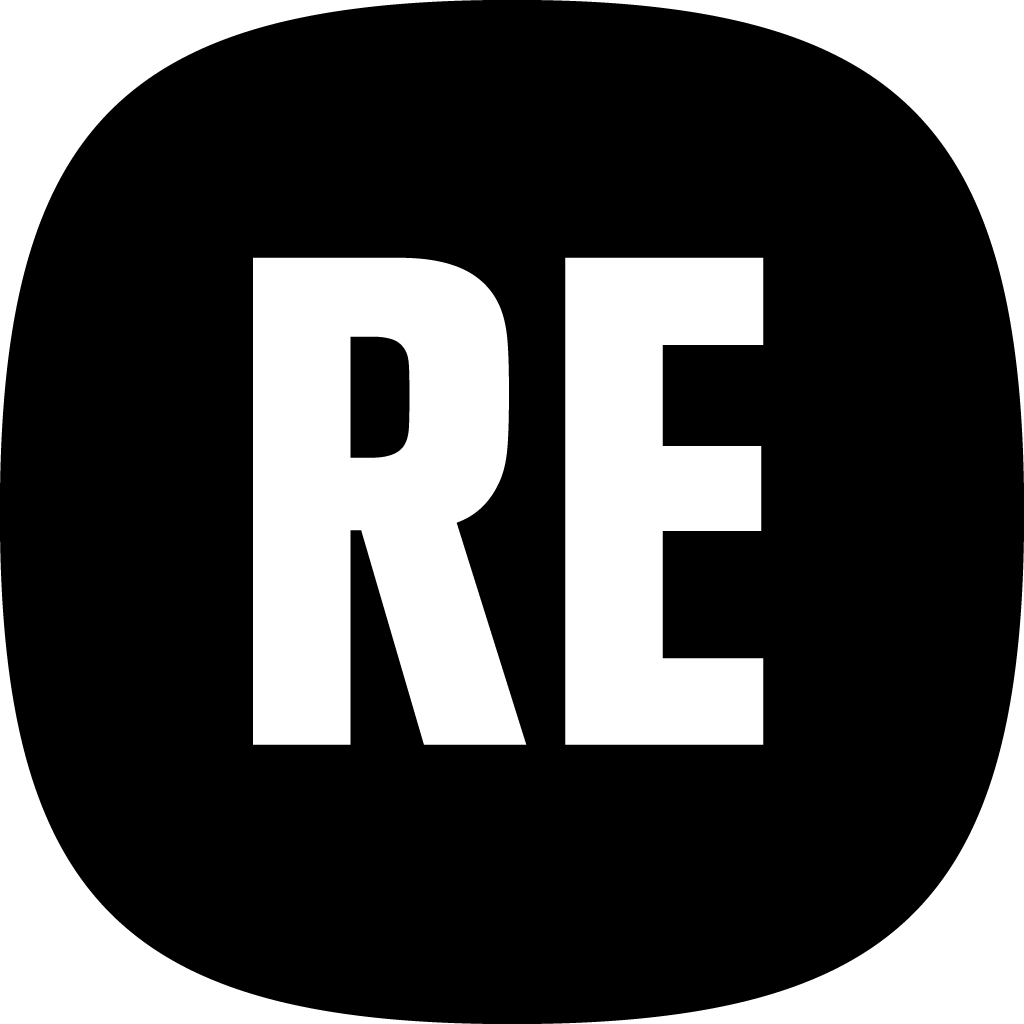CASE STUDY: Hunt Museum
The Hunt Museum in Limerick (Ireland) seeks to develop innovative and participatory approaches to engage large corporations that are seeking to deliver impactful Corporate Social Responsibility (CSR) projects as part of their Environmental, Social, and Governance (ESG) commitments. Rather than pursuing traditional sponsorship approaches, the museum aims to position itself as a partner offering CSR-related services that create mutually beneficial value propositions for corporations, the museum, and the local community.
Application of RECHARGE Models: Participatory Resource Pooling Model
Hunt Museum as a Coordinator of a CSR Resource Ecosystem
In this model, the Hunt Museum would coordinate a multi-stakeholder resource pooling ecosystem, bringing together various partners to pool assets, knowledge, and networks to co-create impactful CSR projects.
The museum could:
Act as a facilitator of collaborations between corporations, schools, NGOs, artists, and public sector bodies.
Leverage its existing educational programmes, exhibition spaces, and cultural content as assets to be combined with the financial resources and CSR goals of corporations.
Engage other museums, creative sectors, and civic actors to widen the impact.
Implement both project-based (short-term) CSR collaborations (e.g., co-funded educational workshops) and strategic (long-term) shared initiatives (e.g., a jointly managed community cultural programme).
The museum retains a coordinating and convening role, while enhancing its visibility and relevance as an active social facilitator, not just a funding recipient.
Participatory Platform Model: Hunt Museum as a CSR Collaboration Platform Host
Instead of focusing on individual, one-off projects, the Hunt Museum could develop a CSR facilitation platform, acting as an intermediary connecting:
Corporations seeking impactful CSR projects.
Communities, NGOs, and youth organisations needing support.
Museums, libraries, and other cultural players offering spaces, content, and facilitation.
This digital or hybrid platform would:
Systematise the matchmaking process, creating an ongoing marketplace for CSR initiatives.
Allow different users to propose, co-develop, and finance CSR projects.
Offer services such as CSR program design, impact measurement, storytelling, and branding support.
The Hunt Museum becomes the platform owner or curator, ensuring transparency, quality control, and value creation for all sides, building a replicable, scalable system for ongoing CSR collaboration, not just one-off sponsorships.
Participatory Ownership Model: Hunt Museum as a Co-owner of a CSR Consortium or Platform
In the most advanced approach, the Hunt Museum could establish or join a co-owned CSR facilitation platform or consortium, where:
Museums, libraries, and cultural organisations become co-owners and co-managers of the platform.
Corporations, public bodies, and other stakeholders are involved in governance structures, decision-making, and risk-sharing mechanisms.
Alternatively, the creation of such a platform could be led by corporations (e.g., a bank or a tech company) in collaboration with museum(s) as co-owner(s).
All partners contribute financially, operationally, or with in-kind resources, sharing revenues, risks, and ownership of the platform and its brand.
Examples could include:
Co-operative models where museums and other CHIs jointly develop and manage CSR services for corporations.
Joint ventures or limited companies, partly owned by the cultural sector and the private sector, focusing on CSR facilitation services.
Community share models, engaging the local community as stakeholders or even co-owners of specific CSR initiatives.
This approach ensures deep stakeholder commitment, distributes risks and costs, and embeds the museum within a sustainable, participatory business structure that institutionalises its role in CSR ecosystems.

Share